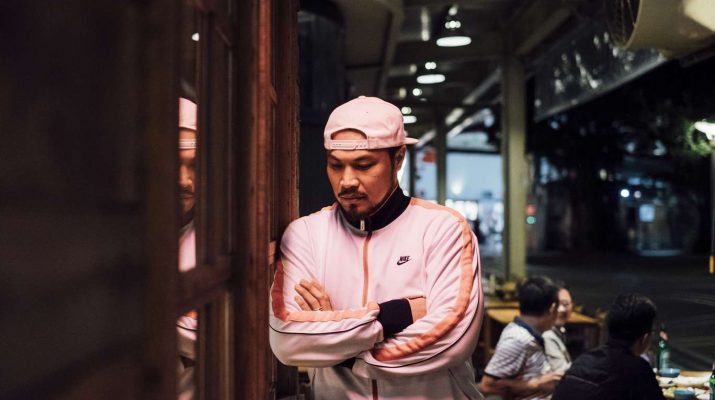NANTOU CITY, Taiwan — The former first baseman for the Brother Elephants, Taiwan’s equivalent of the Yankees, now spends most of his days and nights deep in a local stadium, in a spartan room with all the charm of an old warship.
“The local people are surprised I put up with these conditions, which is why they support me,” Tsai said. “But I still look at my baseball career fondly, even though there were bad things.”
The bad things derive from his role in one of the biggest gambling scandals in international baseball, a scheme in which Tsai and several dozen other players in the Chinese Professional Baseball League, which is the top-tier league in Taiwan, were accused of throwing games from 2006 to 2009 in exchange for thousands of dollars from gamblers.
Orchestrating the fraud was a gangster who went by the nickname Windshield Wiper, an inside joke among his associates that referred to his quick temper. It was a colorful detail in a case that was as riveting for fans and commentators as a playoff series.
Gambling scandals have swept through the Asian leagues with alarming regularity, exposing deep ties between crime rings and the sport even as they strive to make an international mark.
This year, several players for the Tokyo Giants, Japan’s best-known team, were accused of consorting with gamblers. The troubles in Taiwan, however, were far larger. They almost sank the league.
The league has tried to head off future scandals by allowing law enforcement officials to attend every game. Players are lectured on the evils of gambling and subject to random investigations.
The criminal penalties for gambling and fraud were increased, and a national sports lottery was created to give gamblers a legal avenue to bet on games.
“We hope the worst has passed,” said John Chih-yang Wu, the league’s commissioner. “It’s impossible to stop the Taiwanese people from gambling, but we think we have good prevention now, and the influence of the mafia has decreased.”
But two players, Tsai and Chen, agreed to speak to The New York Times about how they have sought to redeem themselves
“Most players would not be willing to do what I do now, teaching baseball in a school, because it’s a lot of work and not much money,” he said. “Even though I got a six-month sentence, I’m still pretty much a free soul.”
“I left baseball because of the scandals, and that’s not something that I can change,” Chen said at his restaurant, La Fung, or The Guest. “But I can change myself, set goals for myself. I have a wife and kids to take care of. I need to maintain a positive attitude.”
Wang collected evidence through the 2009 season to determine which players were involved. He made arrests when the season was over.
“If we arrested him during the season, it would have affected the games, but if we didn’t stop him after the season, it could affect more games,” Wang said in his office in suburban Taipei.

